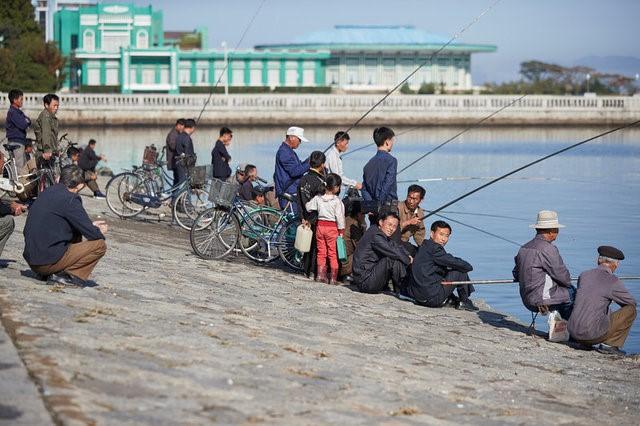Beset by sanctions and now plagued with a poor harvest due to drought in spring, everyday North Koreans are facing two immediate dangers—officials hungry for bribes, and hunger itself.
Recent reports from Daily NK—a publication based in South Korea’s capital, Seoul, that specializes in finding sources inside North Korea—paint a stark picture of a country under an economic and agricultural squeeze.





